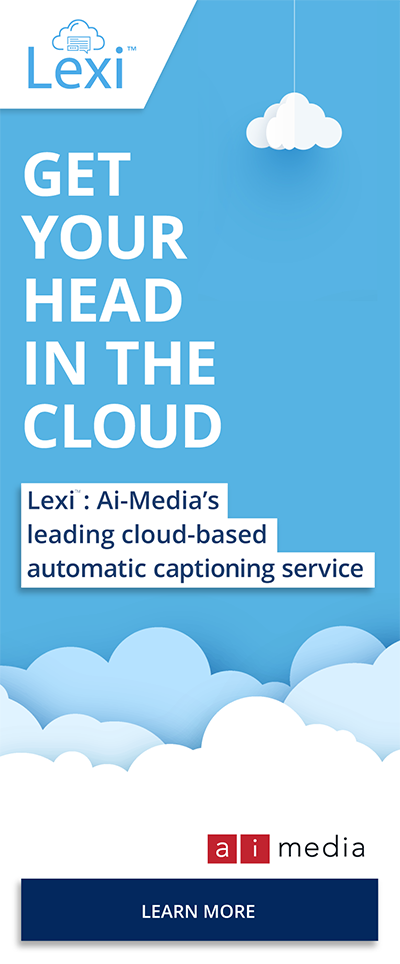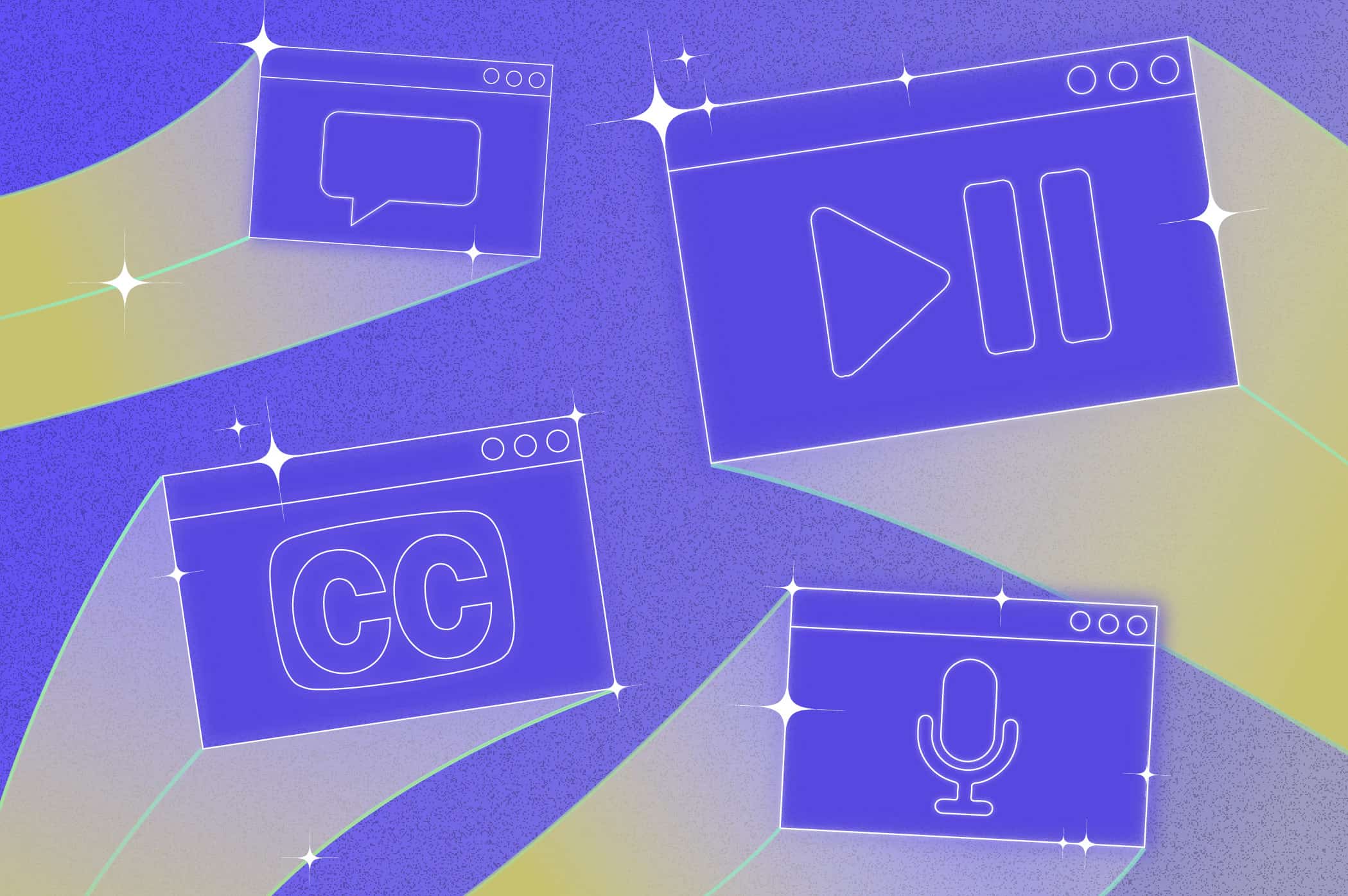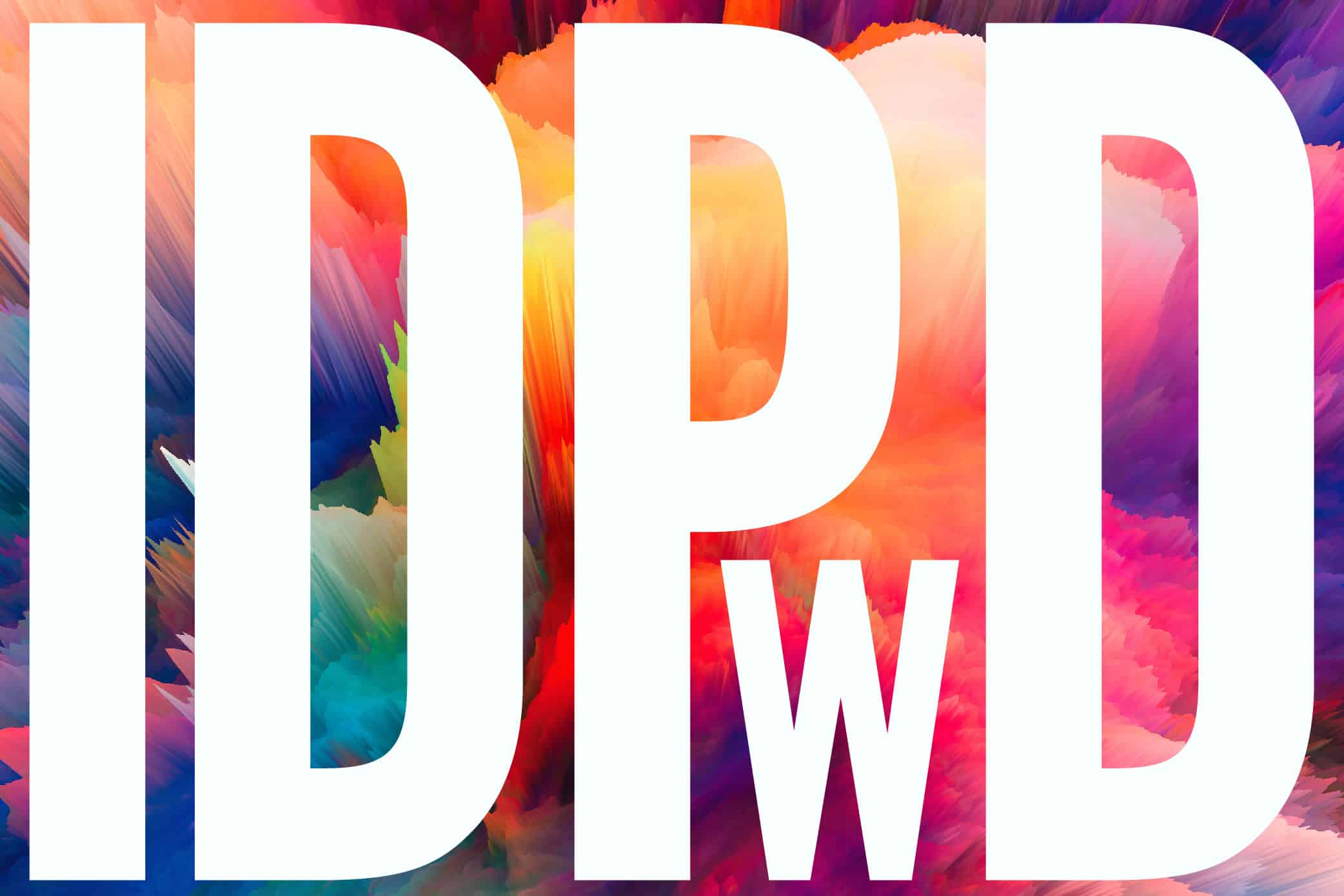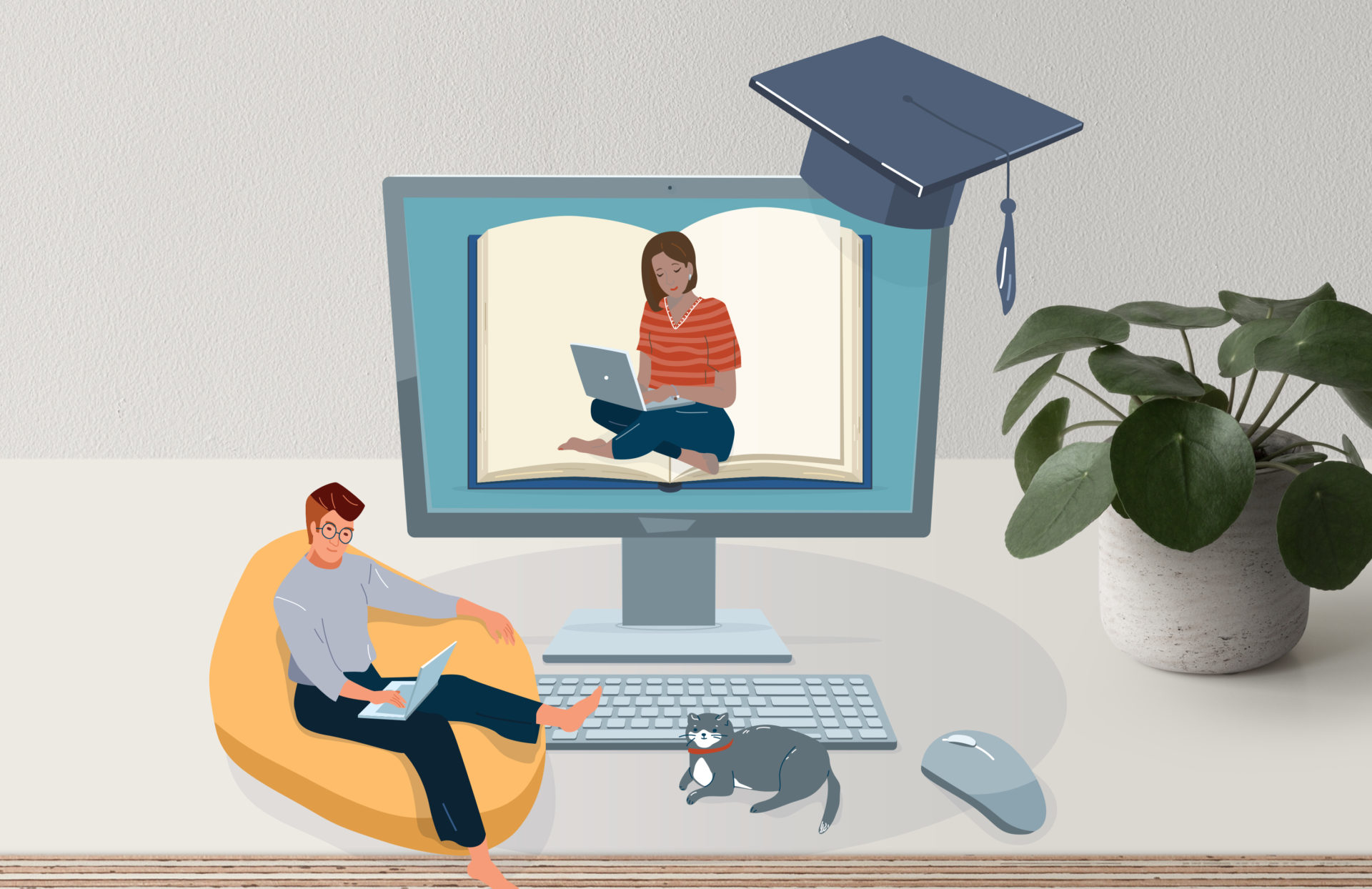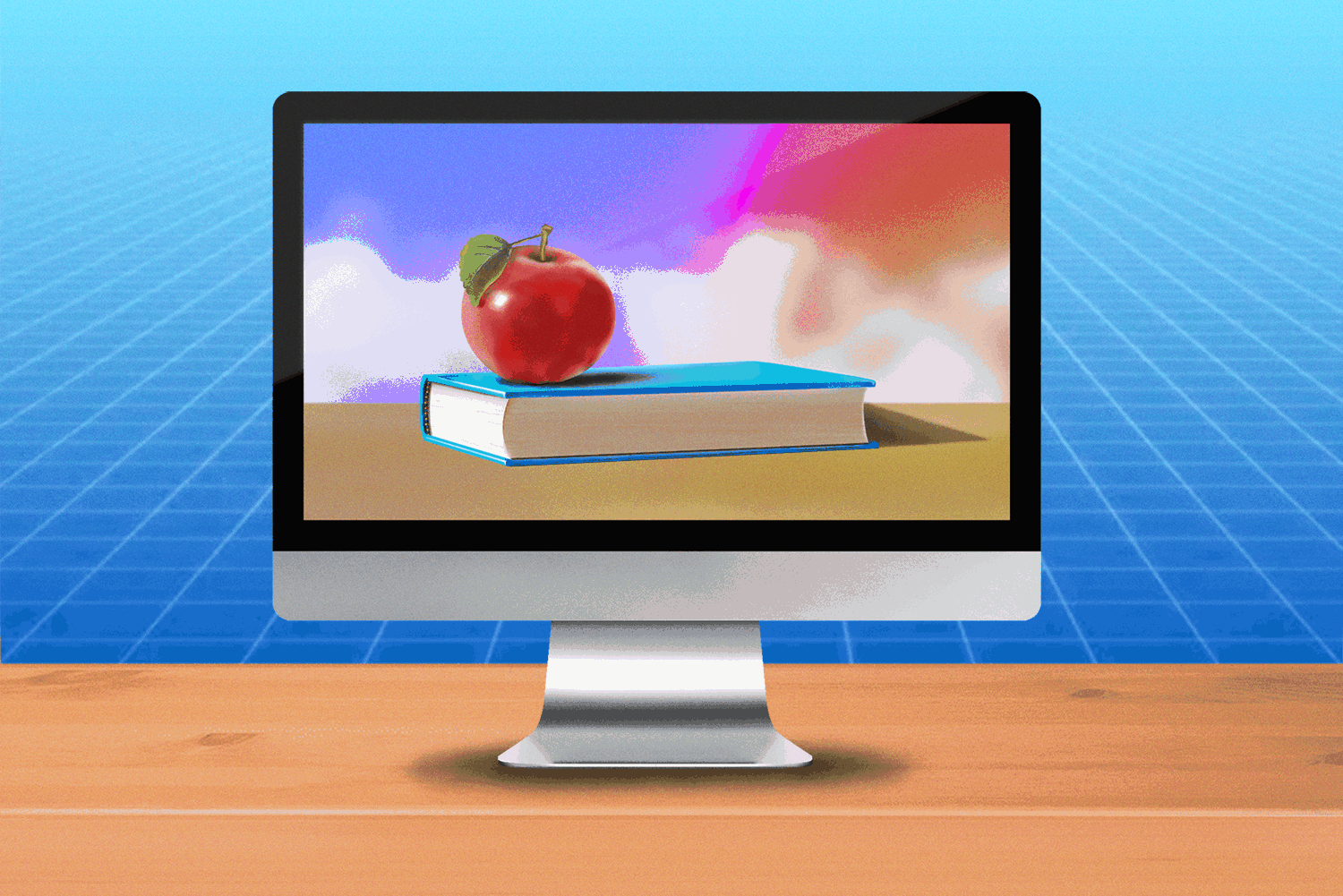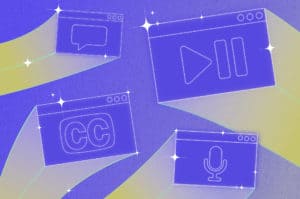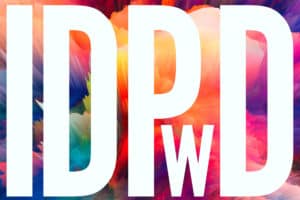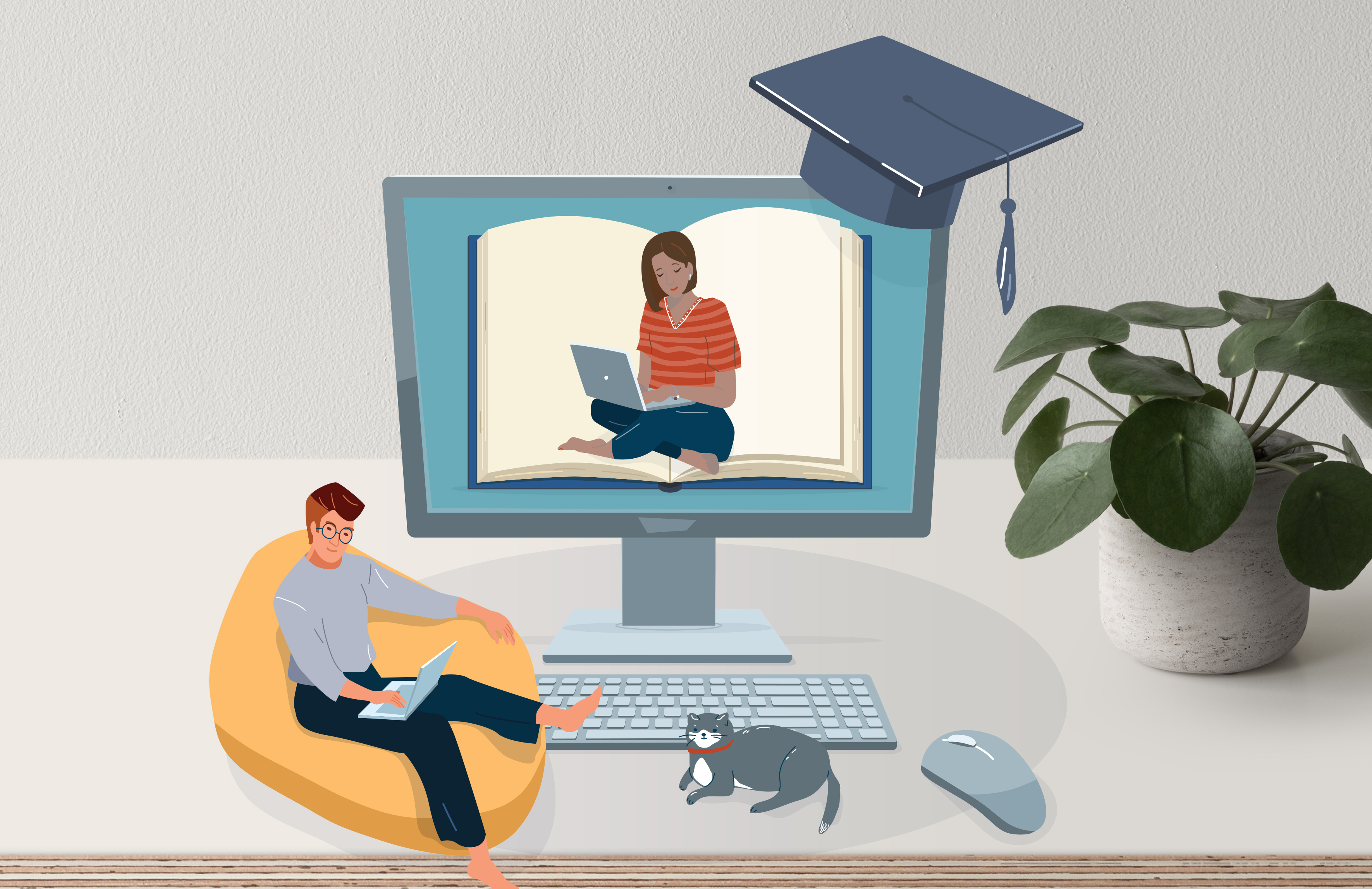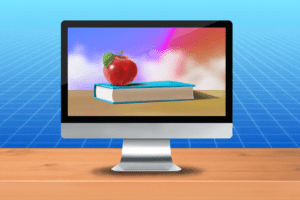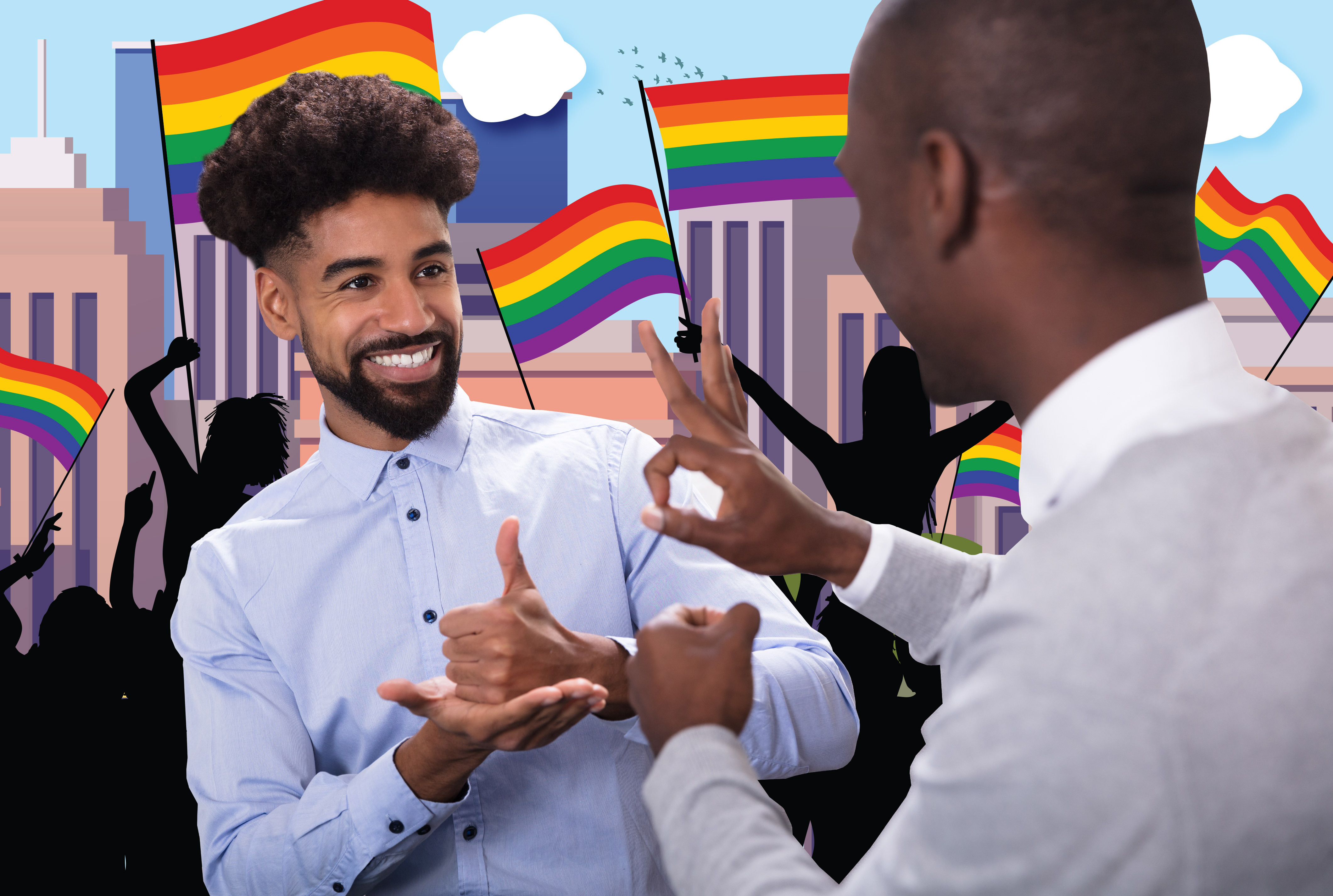
What Accessibility Means for ‘Pride’ in 2020
As we experience the most uncertain year of many of our lifetimes, events like Pride can go by the wayside, or they can begin to mean much more to us.
Community has always been at the heart of both LGBTQ+ and Deaf cultures. How do marginalised groups thrive, except by supporting and depending on each other?
This year for Pride Month, we spoke to Christopher Sutton, who is a member of the Deaf and hard-of-hearing community working in accessibility, as well as part of the LGBTQ+ community. We asked Christopher about his experiences of living and celebrating at the intersection of two vibrant communities.
Fighting for accessibility
In June 2019, a much-celebrated bill was passed in Canada. Known as Bill C-81: the Accessible Canada Act, this legislation removes barriers for people living with a range of disabilities in Canada. Christopher Sutton is considered a driving force behind the passage of this bill.
Christopher’s entire career has been dedicated to improving access for people who are Deaf and hard-of-hearing. He is now CEO of the Wavefront Centre for Communication Accessibility, a Canadian charity working to enable Deaf and hard-of-hearing people to achieve barrier-free communication accessibility.
Christopher was born deaf, and wears a hearing aid and cochlear implant. He communicates in American Sign Language (ASL) and English.
Access during Pride
Pride has truly taken off in the past few decades, and such huge events now have a lot of responsibility. Christopher says the LGBTQ+ community has made efforts for Pride to be inclusive of people who are Deaf and hard-of-hearing.
“I believe that since the LGBTQ community has faced so much discrimination for so long, we try to eliminate discrimination within our community as much as possible,” he says.
“I have been impressed that Pride events have tried to be as accessible as possible to the Deaf community by providing sign language interpretation at main events. I know, in many cities, sign language interpreters volunteer their time to ensure those who need access to sign language have access to it.”
But access for Deaf and hard-of-hearing people who don’t use sign language has not made so much progress, Christopher says. “While sign language interpretation has become more widespread, access to captioning still lacks.”
LGBTQ+ cultures are changing
This year, of course, most Pride gatherings will not take place because of coronavirus. It has offered a time to reflect instead on what Pride has become. Christopher believes that it needs to find its roots again.
“I came out over 25 years ago, and I have seen Pride as a grassroots event, where we came together to celebrate diversity, to where it is today – being a big corporate event and not necessarily a celebration of who we are. It should be an event to celebrate our past, present and future.”
Like Pride, LGBTQ+ culture is also constantly changing. A lot of queer culture has moved online in the past 20 years, and many communities have splintered into smaller groups. People with intersecting identities are finding community with each other, while big events like Pride are expected to be welcoming to everyone in the broader community.
For Christopher, the mainstream culture is not as tight-knit today as it once was.
“While technology has connected people, it has also distanced us,” he says. “I think the younger community is more comfortable in their skin and able to feel more accepted without finding a gay community or centre that many have come to know over the years… In many cities, the gay village is becoming full of big box stores and chains, and, for many cities, is dying.”
Stories of mutual support
Still, at the heart of the LGBTQ+ experience lies a shared connection, with each other and with other marginalized communities.
Christopher says that, for him, the LGBTQ+ and Deaf and hard-of-hearing communities try to be there for each other.
“I believe that the communities try to blend and are supportive to one another,” says Christopher. “I have seen LGBTQ venues try to promote accessibility and inclusion and are often more welcoming to people of all abilities.”
But meaningful connections between the communities can be limited. “I have lived in a number of large cities in the US and Canada and my experience is that, while the communities are welcoming, we are also very segregated,” says Christopher.
Opportunities in the time of coronavirus
The coronavirus pandemic is strange cultural moment in how it affects communities. It has strengthened many support networks, but has also broken down physical connection and social events.
Christopher says impacts for both the Deaf and hard-of-hearing community and the LGBTQ+ community will be unpredictable, far beyond the cancellation of Pride events.
“Like many in our community, I am concerned about the use of masks and how this will impact communication and enable people to connect,” he says.
“And while we have technology to keep us connected, mental health issues are a huge concern for so many people. [The LGBTQ+] community is three times more likely to face mental health issues, and I think COVID-19 will cause even more issues long term.”
But he remains hopeful. “As a community, we have come together in the past to support one another as we did in the 80s and 90s with the HIV/AIDS crisis, and we will do so again.”
Christopher says the response to coronavirus could actually create a more positive environment for many people with disability to live and work.
“For so long, we have not been able to access employment and other opportunities. I think the future of remote work makes employment an equal playing field for many of us,” he says.
“Communication accessibility has also been highlighted daily – where we see interpreters and captions, and I am hopeful that this has provided opportunity to make more accessible communities moving forward.”
If you need media accessibility services including captioning, get in touch with us at Ai-Media, or visit our website for a list of all our services.


